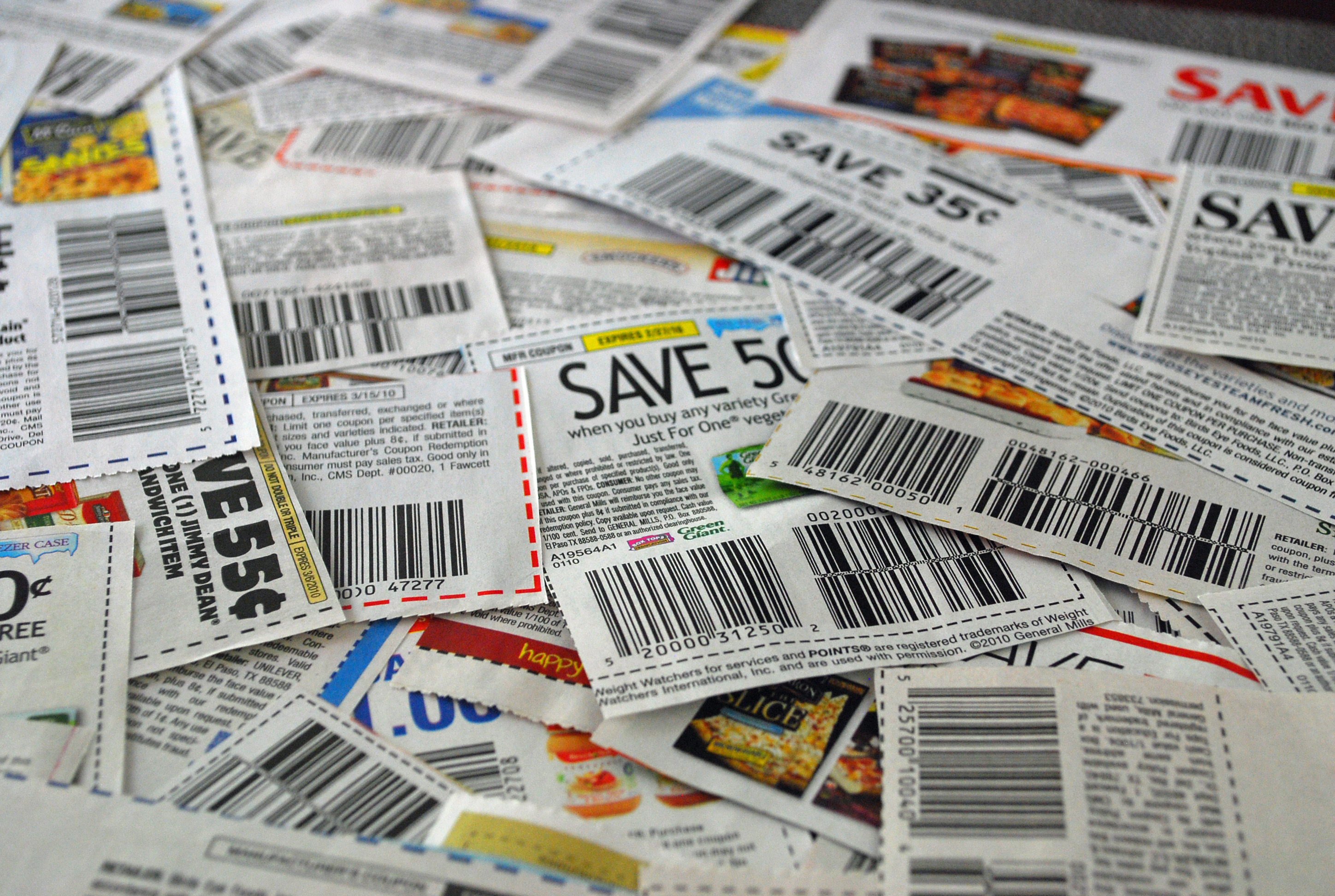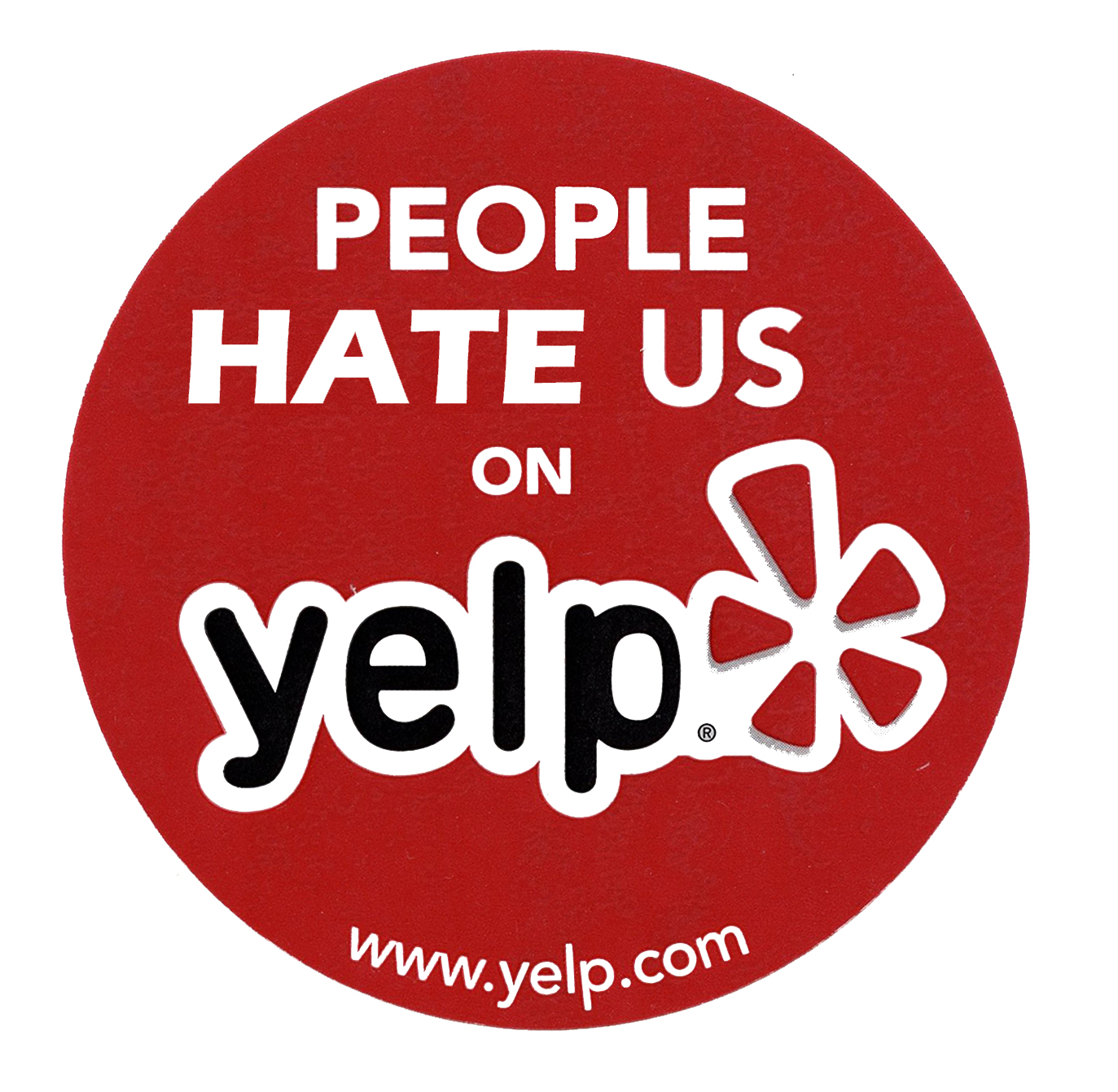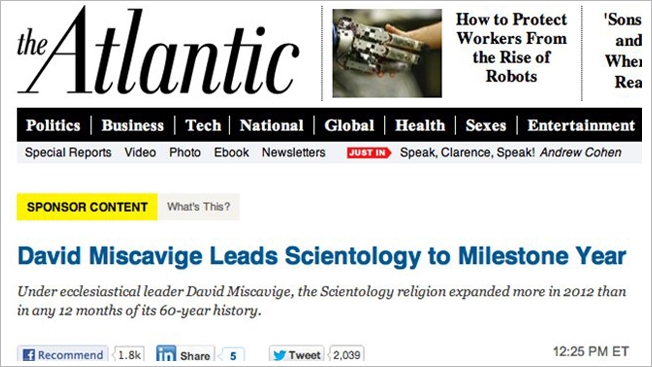I get asked these questions all the time: Why don’t any of my positive reviews show up on my Yelp page? My customers leave real reviews, but why do they never show up? But it seems like every bad review that’s left is always posted on my Yelp page. Why?
Small business owners continue to be angry at Yelp because it seems to them, and myself included, that it’s much easier to get bad reviews to stick on a business’ Yelp page than positive reviews. And they’re angry because it hurts their business.
Some small business owners have had experiences of Yelp sales reps seemingly telling them that if they pay for Yelp advertising, that it might help in getting the bad reviews to go away. Some have tried to sue Yelp, like this case in California.
I have no evidence. I have no inside information. Yelp is very secretive on how their website works in deciding which positive reviews show up and which negative reviews show up. The following is my educated guessing.
Yelp needs bad reviews to show up on it’s website. Yelp’s value to a consumer, is that with Yelp’s website, you can discern and figure out which businesses are good and which are bad.
If almost all the businesses on Yelp had good reviews, the website would be worthless. The consumer wouldn’t know which business to call if they all had 5 star reviews.
However, when lots of businesses on Yelp have bad reviews, now all of a sudden, there’s a value in the website. With Yelp, you’ll know which businesses are good and which are bad.
Theory or not, the irrefutable fact is that Yelp’s business model can not survive without bad reviews. Some businesses have to have bad reviews in order for Yelp to provide value to it’s website visitors.
So there you have it. This is most likely why it’s way easier for bad reviews to show up on your Yelp page than positive reviews.
Yelp needs some businesses to look bad so Yelp can make money.
Is there anything you can do about it?
Customwave’s current strategy in helping clients with bad reviews on Yelp is to get their Yelp listing off the 1st page of Google when someone searches for your business’ name.
Most people don’t go to www.yelp.com directly. They find Yelp through Google. So if you can get the Yelp listing off Google, almost nobody will be seeing the Yelp listing.
Read More








